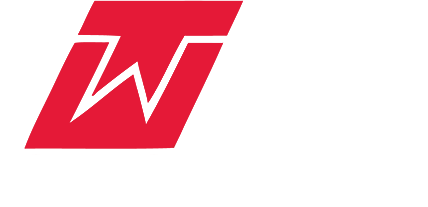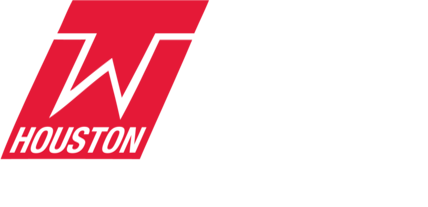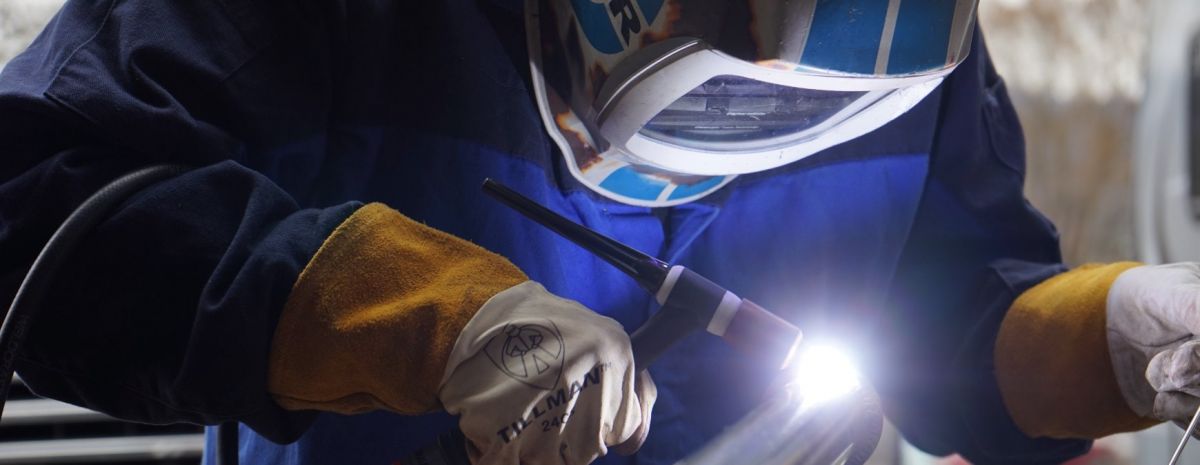
You’ve completed your welding program and earned your diploma. While you may know a lot about metal fusing, your next big step—landing a welding job—could bring up a lot of questions for you.
If you’re wondering what to expect from the welding job search process, from how to apply to when to follow up, keep reading.
1. The Welding Job Application: Info You’ll Need
For most aspiring metal fusers, the very first interaction with a prospective employer could be the welding job application.
It’s important when you apply for a welding job to include the pertinent information a potential employer could be looking for in your application.
For instance, most welding applications will ask for information about your qualifications:
Have You Considered a Career in the Skilled Trades?
Fill out the form to recieve a no obligation info packet.
- Welding training diplomas
- Welding skillsets relative to the job
- Welding certifications (e.g. ASME, AWS or API)1
2. The Welding Job Interview: How to Polish Your Presentation
Job interviews can be a bit unnerving, especially when you’re trying to land a position in the profession you worked so hard to learn.
The more you prepare in advance, the greater the confidence you can carry with you into that first welding job interview.
Tip 1: Rehearse Your Interview Answers
Most hiring managers will ask a series of questions during the interview. The intention of these questions is to determine which prospects can effectively communicate their skillsets and are good candidates.
Questions you may be asked during a welder job interview typically relate to training and experience:
- Where did you receive your welding training?
- Can you explain or describe a welding project you have completed?
- Do you have any technical experience?
- What kind of welding career goals do you have?
- What are your biggest challenges with welding?2
The hiring manager may also ask general questions about your professional ability to work with others or how well you work under pressure.
Workplace and welding safety is another common subject for hiring managers to ask questions about because it’s so crucial in the welding field.2
Tip 2: Dress the Part of Professional Welder
Even though what you wear will likely not be as important as what you know how to do during a welding job interview, it is still important to dress appropriately.
Dressing neatly and professionally in the welding industry doesn’t mean wearing a suit and tie, though, because you may be required to take a welding test during your job interview. You’ll want to plan accordingly.
While the employer may provide personal protective equipment like a helmet, gloves and respirators if you do have to take a welding test as part of your interview, it’s your responsibility to pick proper clothing:
- Choose tightly woven fabrics that can protect your skin from sparks and open flames.
- Make sure your clothing isn’t contaminated with combustible agents, such as oil or grease.
- Opt for shirts with long sleeves to your wrists and pants that reach your ankles.
- Pick shirts that offer button cuffs and collars and either don’t have pockets or have closable flaps over each pocket.
- Wear protective boots that have a high top and fully lace them.3
Make sure your clothing does not have holes or frayed threads, do not fold cuffs at the end of your pant legs and avoid wearing any metal jewelry. Avoid carrying lighters, matches or anything combustible in your pockets.3
If you know a welding test will be part of your interview, it may be helpful to ask the employer if you need to bring your own protective equipment so you can arrive fully prepared.3
3. The Welder Qualification Test: How to Know Which Processes to Practice
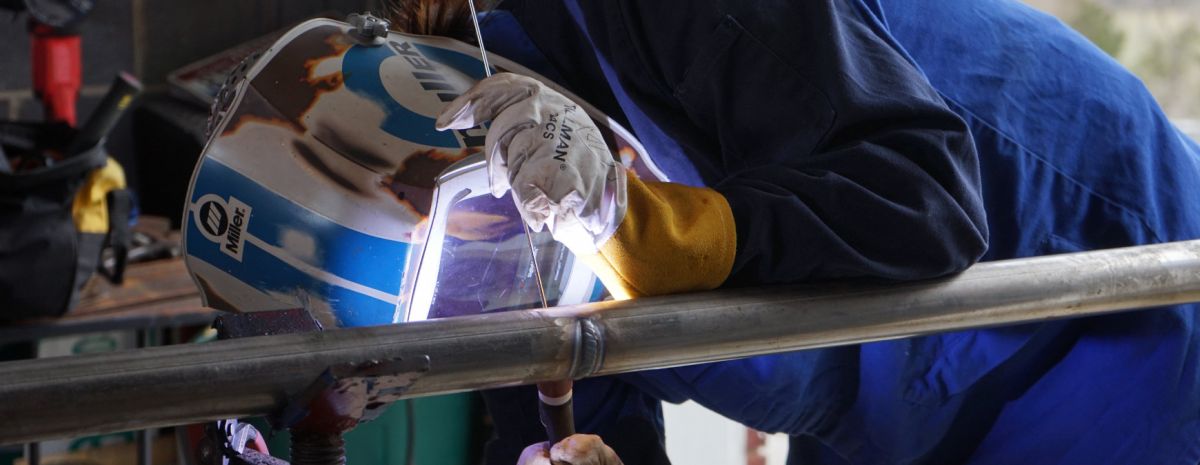
Perhaps the most important part of an interview for a welding job is the welding test.
Not all employers will perform a welding test during the initial interview. Some will do an interview and then have you come back for a welding test to examine your hands-on skills.
In any case, preparing is critical. Research the company and find out some background information so you can easily discuss the company with the interviewer.4
Familiarize yourself with the types of welding the company does. This can give you an idea of the welding skills the company may want you to portray during the test. For example, if a company does primarily flux-cored arc welding, practicing your skills in this area before the test might be helpful.4
4. Welding Job Interview Follow-Up: What to Say and When
Once you’ve successfully completed your interview and welding skills test, the wait begins.
In some cases, employers may offer you a job immediately after the interview and test, but they are likely interviewing several candidates for the same position.
Following up after a job interview shows you are interested and helps keep you informed. You might also want to ask about a reasonable timeline to expect communication before the interview comes to a close.5
Wait patiently until that timeframe has passed. Once it has, consider reaching out with a friendly email or phone call.5
Make Sure to Include Welding Training on Your Resume
Putting the time and effort into completing a welding training program at a trade school can equip you with the welding skills many employers are looking for, potentially improving your competitiveness in the job market.
Even the Bureau of Labor Statistics reports that many employers prefer to hire applicants with formal welding training from a post-secondary institution, so be sure to list your welding training on your resume and your welder LinkedIn account.6
Additional Sources
1https://national-welding.com/wp-content/uploads/2018/04/Job-Application-FORM.pdf
2https://www.lejeunesteel.com/blog/the-21-most-common-fitter-welder-interview-questions/
3https://www.ccohs.ca/oshanswers/safety_haz/welding/ppe.html
4https://www.nsc-tech.com/2017/08/30/5-ways-ace-welding-interview/
5https://www.forbes.com/sites/jacquelynsmith/2014/02/12/10-things-to-do-when-you-dont-hear-back-after-a-job-interview/#5eaee17a1714
6https://www.bls.gov/ooh/production/welders-cutters-solderers-and-brazers.htm
This blog has been labeled as archived as it may no longer contain the most up-to-date data. For a list of all current blog posts, please visit our blog homepage at https://www.tws.edu/blog/
